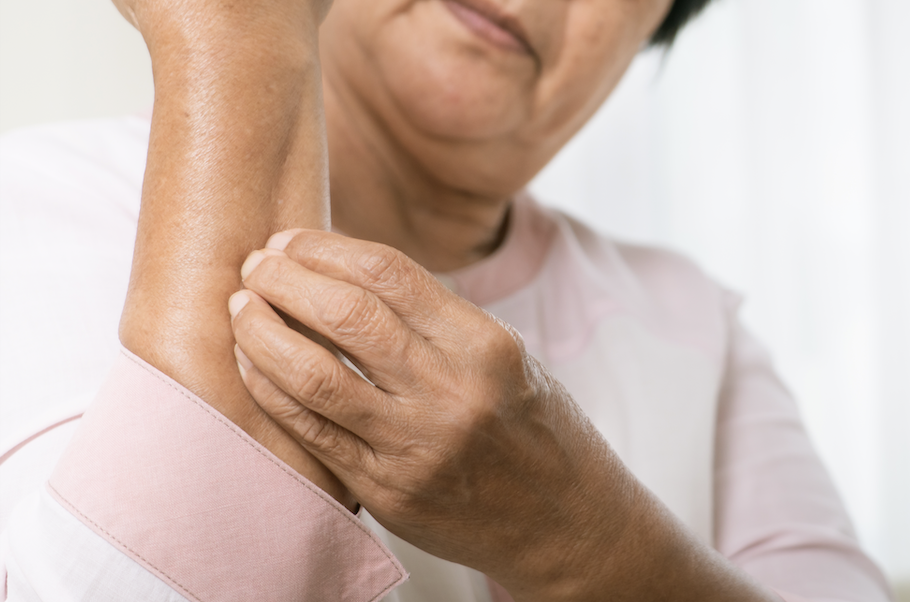If you suffer from eczema, you probably want to know, what is the best treatment for eczema?
Well, first off, it is important to seek medical help for this condition. Your health care provider will likely talk to you about your symptoms, examine your skin, and review your medical history to diagnose atopic dermatitis.
You might need to get tested to determine whether or not you suffer from any allergies or other skin diseases.
The treatments available for atopic eczema can help reduce the severity of the symptoms. Although there is no known cure, many children find that their symptoms improve on their own as they grow older.
This article will cover the best treatments for eczema recommended by healthcare professionals.
What Is The Best Treatment For Eczema?
Phototherapy
Phototherapy is frequently used to treat severe eczema that does not respond to topical treatments or affects a large area.
This involves an ultraviolet (UV) light-emitting machine. This treatment can help because UV light inhibits the skin’s inflammatory response.
UVB light is the most common kind. However, UVA is utilized in some eczema treatments.
Two hours before UVA ray exposure, your doctor may prescribe the medicine psoralen to increase your skin’s sensitivity to UV radiation.
PUVA stands for psoralen plus ultraviolet A therapy.
Phototherapy often requires two to six weekly visits to a dermatologist’s practice. If treatment is found to be beneficial, your doctor may lower the frequency of administration.
One to two months may be enough for the treatment to take effect.
Certain Detergents And Soaps
Many body washes and cleansers contain detergents, which contribute to the formation of a soapy lather. Detergents and other lathering chemicals can cause skin dryness, especially in eczema patients.
Due to their alkalinity, bar soaps can also irritate the skin. Consider using a mild scentless cleanser with no lather. Scrubbing or exfoliating with treatments that contain coarse particles might irritate the skin even further.
Many people with eczema find that switching to a milder, fragrance- or dye-free laundry detergent can also help alleviate symptoms.
Baths
Bathing is a crucial part of eczema treatment since it moisturizes the skin. When a person has a skin ailment such as eczema, their skin requires additional hydration since the outermost layer of skin does not function normally.
A long, hot shower can remove the skin’s natural oils and hydration. Therefore, take shorter showers with water that is warm but not hot.
Within three minutes of bathing, apply moisturizer. Before the skin is totally dry, pat it with a towel and apply an oil-based moisturizer. That can aid in preventing the shower or bath’s moisture from evaporating.
Medications
Medications for eczema can reduce symptoms and aid skin healing when used as directed. However, not everyone will experience the same therapeutic outcomes.
As a result, you and your physician may need to test several options to determine which is most effective for you. Occasionally, treatment plans may need to be modified as drugs lose effectiveness.
There are ointments, creams, solutions, gels, and foams containing corticosteroids. These remedies, which contain hydrocortisone steroids, can alleviate irritation and inflammation immediately.
They are available in various potencies, from mild over-the-counter (OTC) treatments to potent prescription drugs.
Calcineurin inhibitors are anti-immune medicines. Their objective is to reduce inflammation caused by eczema.
Those who do not respond to topical creams may benefit from oral medicines. These drugs help reduce eczema symptoms by inhibiting the immune system’s response.






